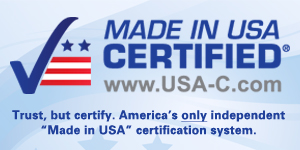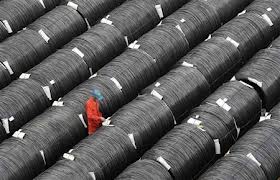Release
June 30, 2019 Cheyenne WY, Seattle WA USA
The USMCA | NAFTA and PROVENANCE Needs to be validated VERITY has the solution.
FRAUD, COUNTERFEIT, PROVENANCE and FOOD SAFETY
are the problems we solve.
Back Ground
Our Verity Seal Validates TRUTH to Consumers, Retailers, Manufacturers and Producers, by validating health, halal, kosher, country of origin, supply chain and marketing claims of components and on products are TRUE.
Source documents:
The Agreement between the United States of America, the United Mexican States, and Canada[1] is a signed but not ratified free trade agreement between Canada, Mexico, and the United States. It is referred to differently by each signatory—in the United States, it is called the United States–Mexico–Canada Agreement (USMCA); in Canada, it is officially known as the Canada–United States–Mexico Agreement(CUSMA) in English[2] (though generally referred to as “USMCA” in English-language Canadian media)[original research?] and the Accord Canada–États-Unis–Mexique (ACEUM) in French;[3] and in Mexico, it is called the Tratado entre México, Estados Unidos y Canadá (T-MEC).[4][5] The agreement is sometimes referred to as “New NAFTA”[6][7] in reference to the previous trilateral agreement it is meant to supersede, the North American Free Trade Agreement (NAFTA).
VERITY has an exclusive agreement with Chinese Wholly Owned Company EPEM: https://www.1p1m.cn to provide all Country of Origin Labeling “COOL” verification and validation services regarding imports into China with “Made in USA and Product of USA Certified®” claims, to help balance out and provide transparency for the U.S. | China Trade deficit and all COOL claims Tags, Made in USA Certified®, Product of USA Certified®, Made in China Certified™, President Donald Trump, President Xi JinPing, U.S. China Trade Deficit, Amazon.




You must be logged in to post a comment.